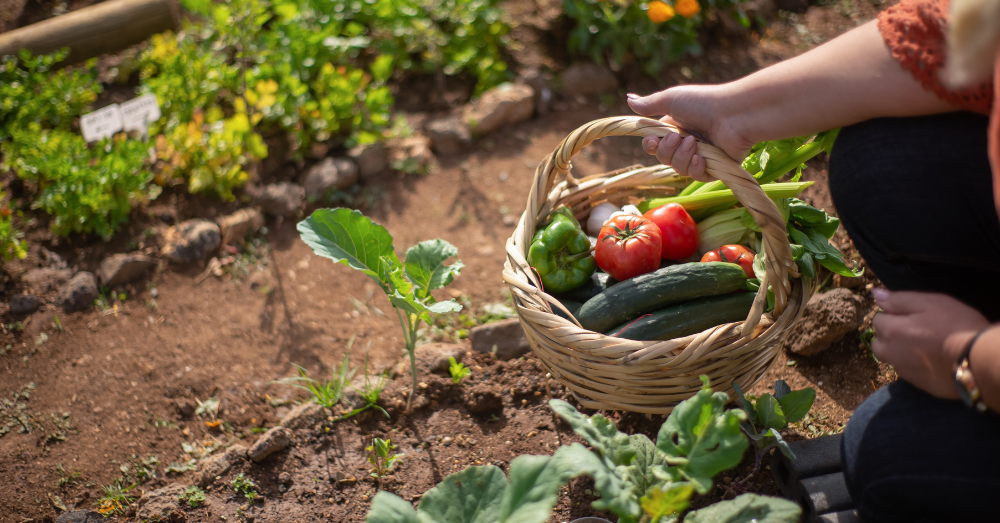
Suburban dwellers are no longer content to wash their cars and mow their lawns, many are using what land they have to build small farms. These farms may include backyard beekeeping, chicken coops for eggs, and plenty of fruits and vegetables, where feasible. The trend of suburban homesteading is turning lawns and backyards into productive micro farms.
Small Towns Embracing the Shift
Small towns like Sellersburg, Indiana, are embracing the trend of suburban micro farms. People are making the most of small plots of land to raise chickens for fresh eggs and grow vegetables. What’s behind the trend? There are many reasons, including the desire for fresh and healthy food, sustainability, and satisfaction in raising and growing.
Hobby farmers are popping up everywhere in small towns, not just in Sellersburg, Indiana. The appeal of DIY micro farming is gaining steam as people love the idea of fresh food close to home. This may include fresh eggs, herbs, vegetables, and wild honey from their beehives.
Running a micro farm also has mental health benefits as gardening and tending animals like chickens and bees is calming and rewarding. It serves as a great method of education, too. Homeschooling families take advantage of teaching kids where food comes from and the work it takes to grow it.
Backyard Chicken Coops
It’s becoming increasingly common for suburban dwellers to raise chickens in their backyards. There’s nothing like fresh eggs, and you don’t have to visit multiple grocery stores in hopes of finding one with eggs in stock. Most hens lay around five eggs per week. To start a backyard chicken coop, you’ll need secure fencing, room to roam for three to six hens, and a coop.
Thanks to recent zoning updates, Sellersburg allows backyard chickens as long as you only have hens. No roosters are allowed. You may have to get a permit depending on your lot size and HOA restrictions.
Beekeeping for Fresh Honey
Raising bees is a little more difficult than raising chickens. You’ll need a hive, some training, and protective gear to work with bees. However, the payoff is 30 to 60 pounds of honey per year from a single healthy hive. Beekeeping is generally legal in Sellersburg, Indiana, but if you plan to do it, you should consult the zoning offices for specific rules.
Some considerations for beekeeping include where you place the hive, safety, and where your neighbors are in relation to the hive. It’s probably not something you should take up if you’re afraid of bees or allergic to bee stings.
Gardening in Suburbia
Even if you have a small yard, you can use raised beds and vertical gardens to get the most out of your space. Popular crops for DIY vegetable farming include tomatoes, peppers, lettuce, squash, and herbs. By growing your own vegetables, you can ensure that you have fresh, in-season vegetables without chemicals.
To avoid using chemicals, look into companion planting and natural pest control products like neem. There is a rich community of vegetable growers in Sellersburg, including the Community Market for homegrown produce.
To gain local support in other areas, consider the Southern Indiana Beekeepers Association for resources and mentoring. If you’re interested in raising chickens, the Clark County 4-H and Purdue Extension provide classes on caring for poultry, gardening, and other sustainable practices.
This post may contain affiliate links, meaning we may earn a commission if you make a purchase. There is no extra cost to you. We only promote products we believe in.






